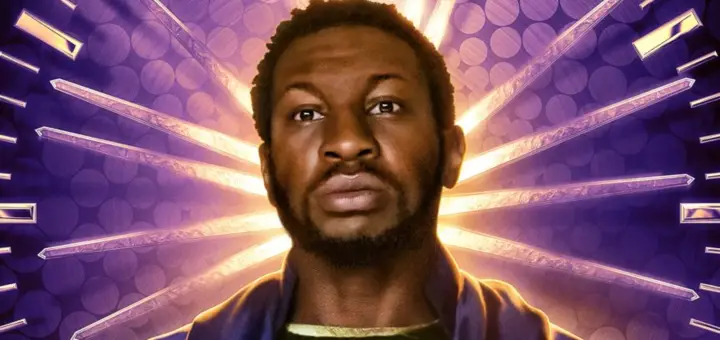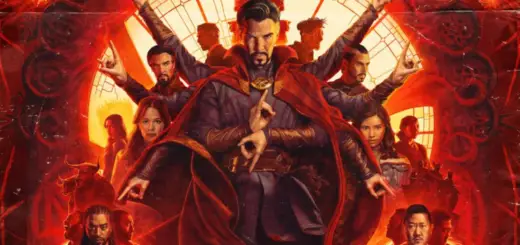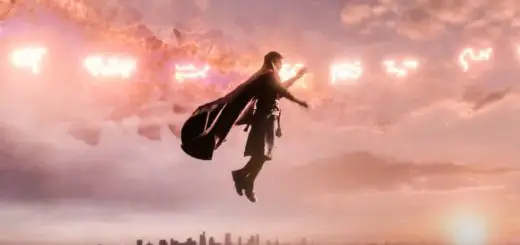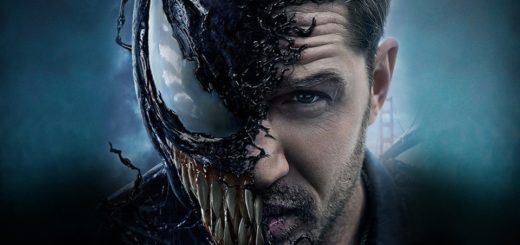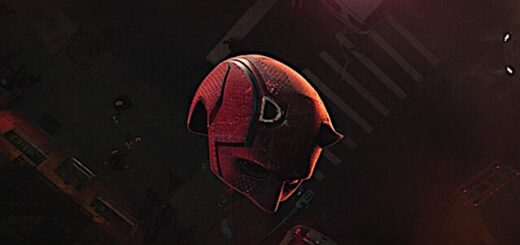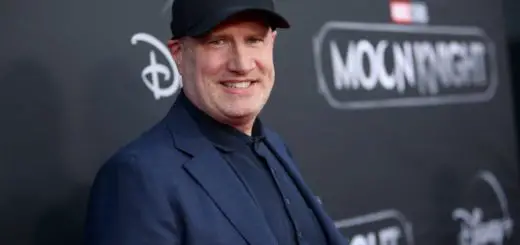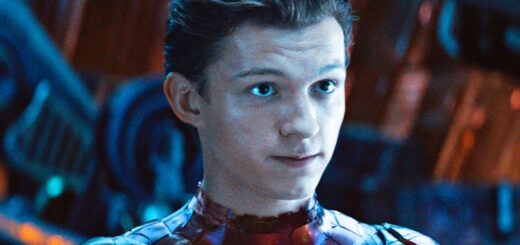Marvel Starts from Scratch This Week
Ant-Man and the Wasp: Quantumania debuts in theaters this Friday.
I’m not overstating the matter when I say that the next four years of Marvel’s popularity hinge on this film.
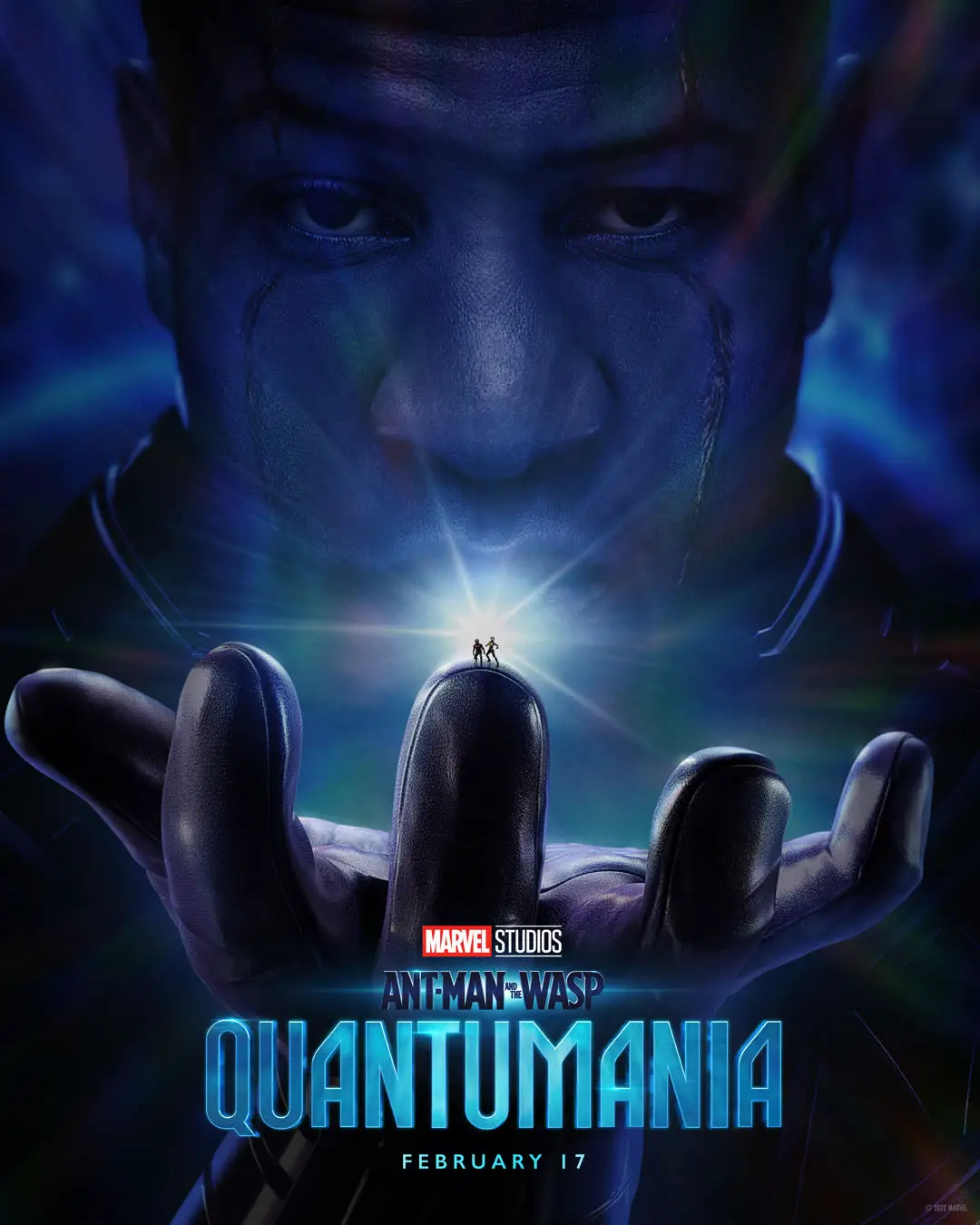
Source: Marvel Studios
More accurately, everything depends on the reception for one character: the villain.
After more than a decade of assembling Infinity Stones and battling a generational villain, Marvel took a bit of a break.
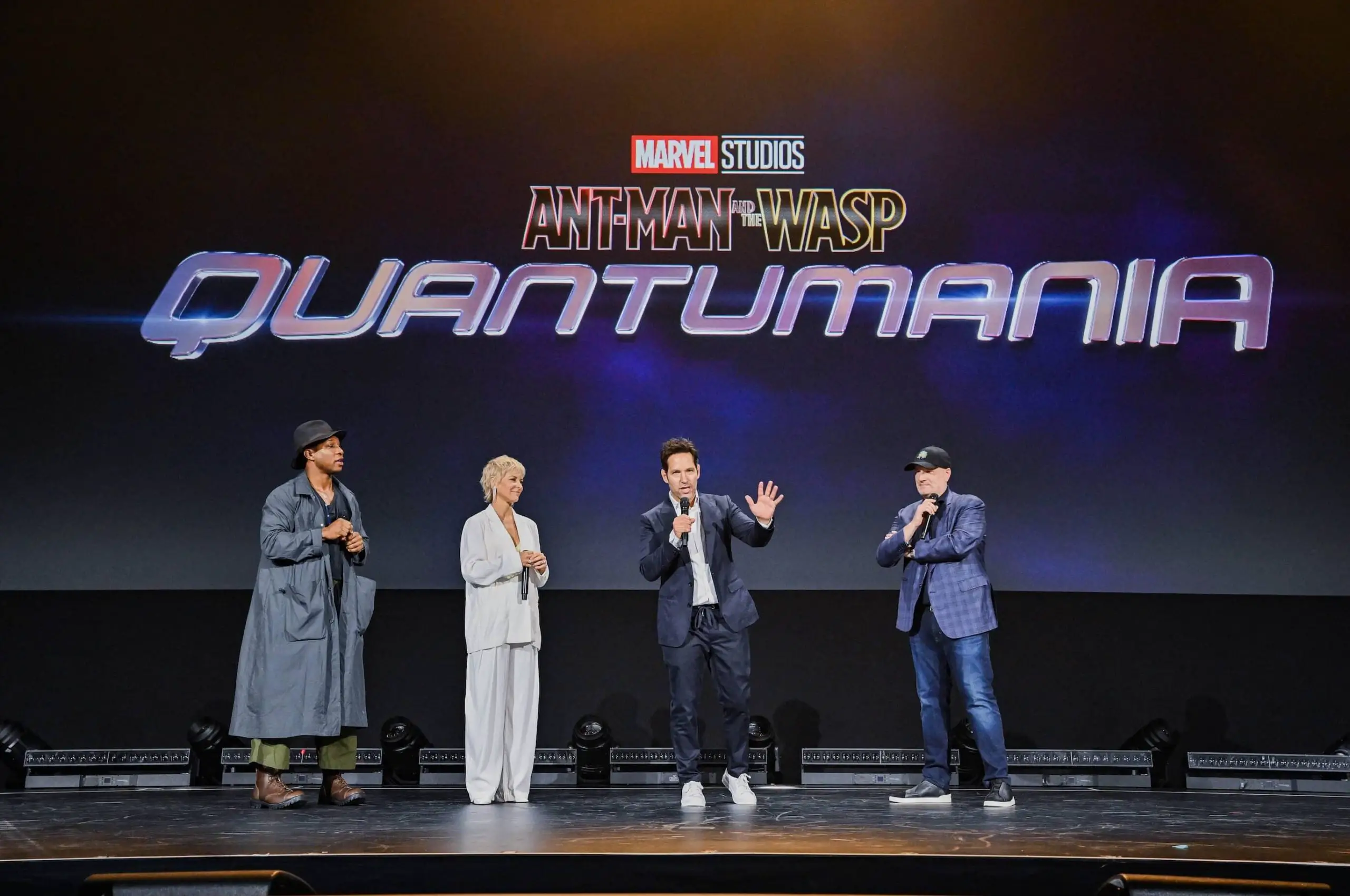
Source: Marvel
This week, Marvel starts from scratch once more. Here’s the story to follow as Quantumania runs wild…
The Marvel Build-Up
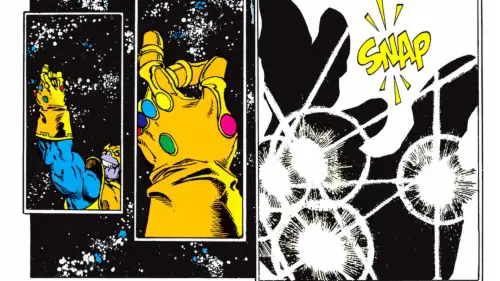
Photo: Marvel
In 2019, the Avengers overcame Thanos after traveling back in time to gain a second try.
Nobody could know back then, but the events of Avengers: Endgame led to a strange catharsis.

Source: Marvel Studios
With Thanos off the board, the Marvel Cinematic Universe had nowhere to go.
In a way, Phase Four’s lukewarm reception was predictable. In the wake of Thanos, all Marvel stakes had lowered.
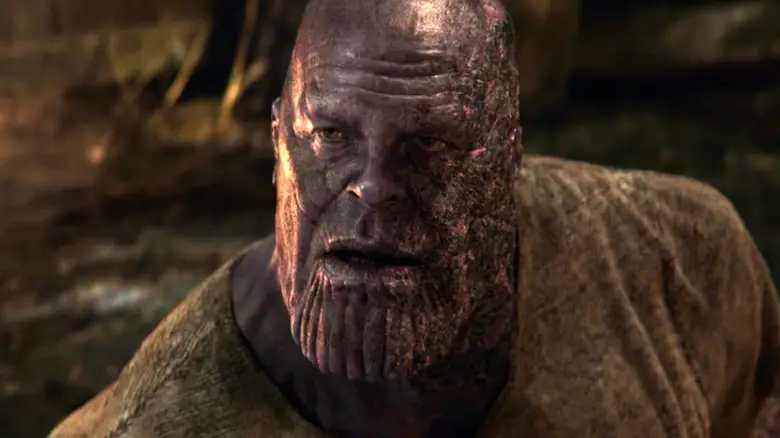
Source: Marvel Studios
When Captain America: The First Avenger opened in 2011, Marvel introduced audiences to the concept of the Infinity Stone in the form of the Tesseract.
Over the next several MCU titles, Avengers encountered five other Infinity Stones and gradually learned that anyone who harnessed their collective could become an intergalactic tyrant.
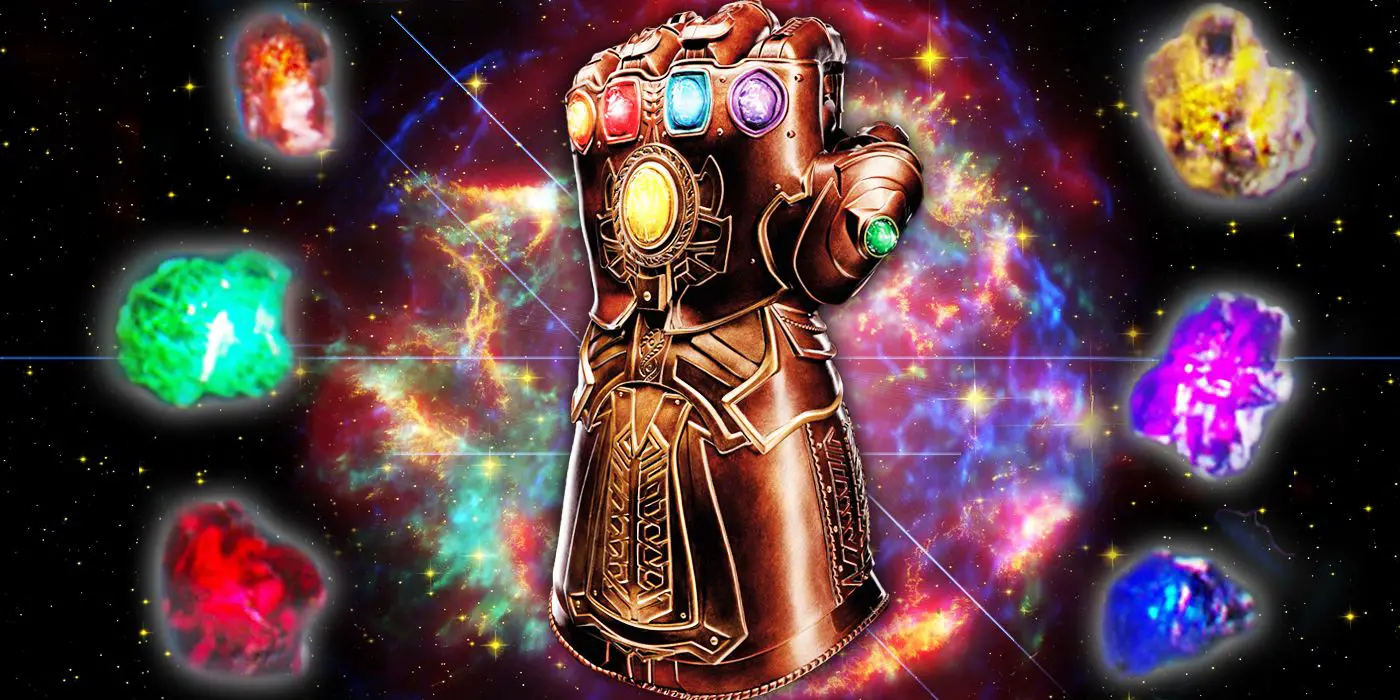
CBR
However, that wasn’t the first main MCU story. During the early days of the MCU, all the films built to a singular climactic event.
At the time, Marvel worked with Paramount Pictures to release Iron Man, Thor, Captain America: The First Avenger, and Iron Man 2.
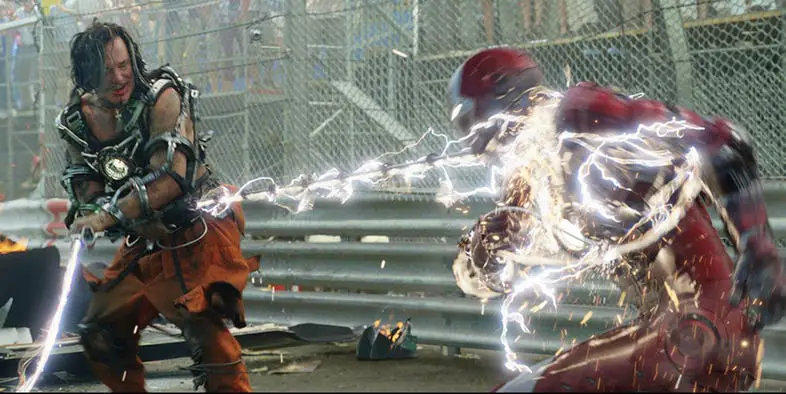
Photo: Marvel
The overriding story arc across the films led to Marvel’s The Avengers, a union of superpowers.
Nick Fury introduced the various Avengers and helped them work together to overcome a serious threat.

Source: Marvel Studios
Loki, arguably the most popular Marvel villain at the time, acquired the Mind Stone and harnessed the power of the Space Stone as well.
By wielding two of the six Infinity Stones, the immortal son of Odin nearly caused the collapse of human civilization on Earth.
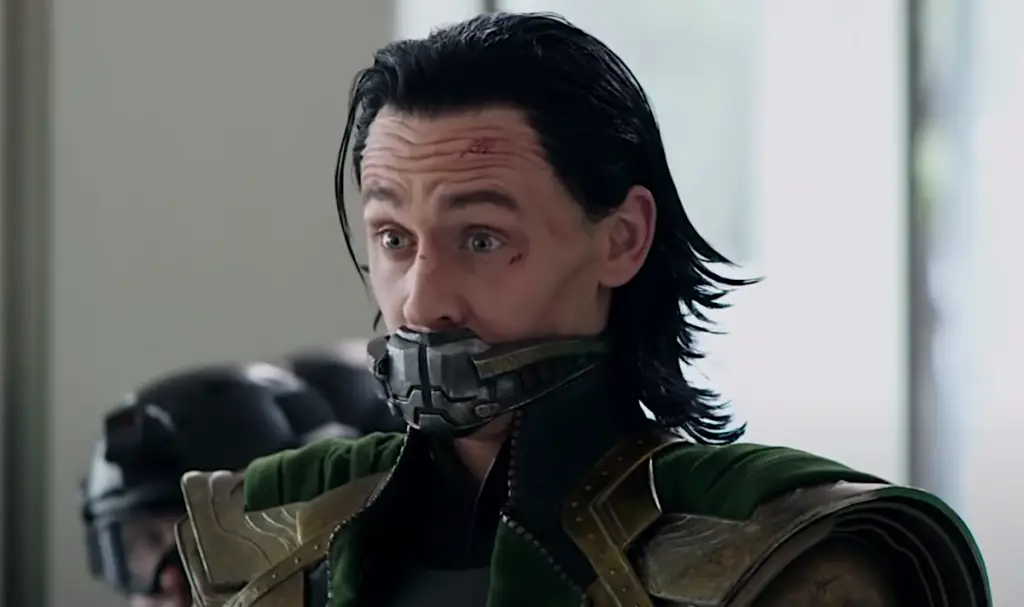
Source: Marvel Studios
Simultaneously, Marvel joined three franchises together into one mega-franchise, the MCU. It has become THE most successful box office franchise ever.
Part of that success happened due to the build from Iron Man through The Avengers.
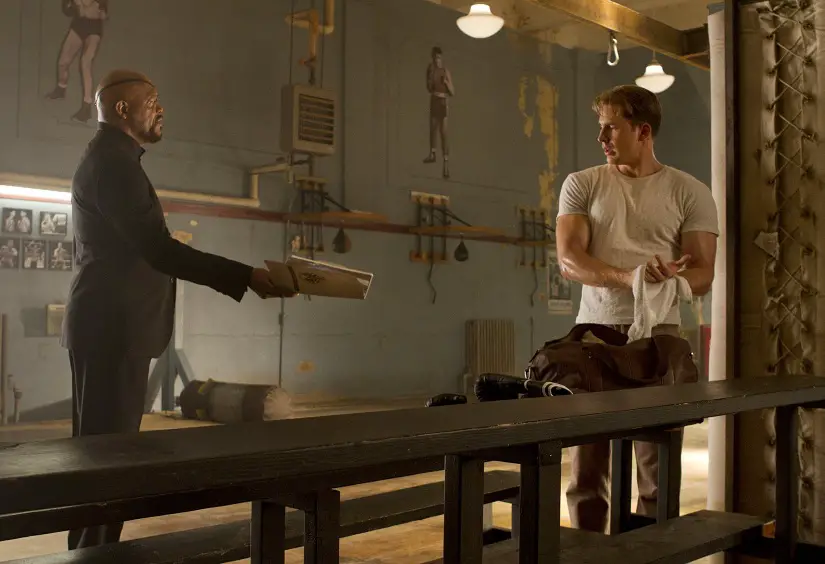
Ph: Zade Rosenthal © 2011 MVLFFLLC. TM & © 2011 Marvel. All Rights Reserved.
Solo films led to a more encompassing story with substantially higher stakes.
The Infinity War and Its Endgame
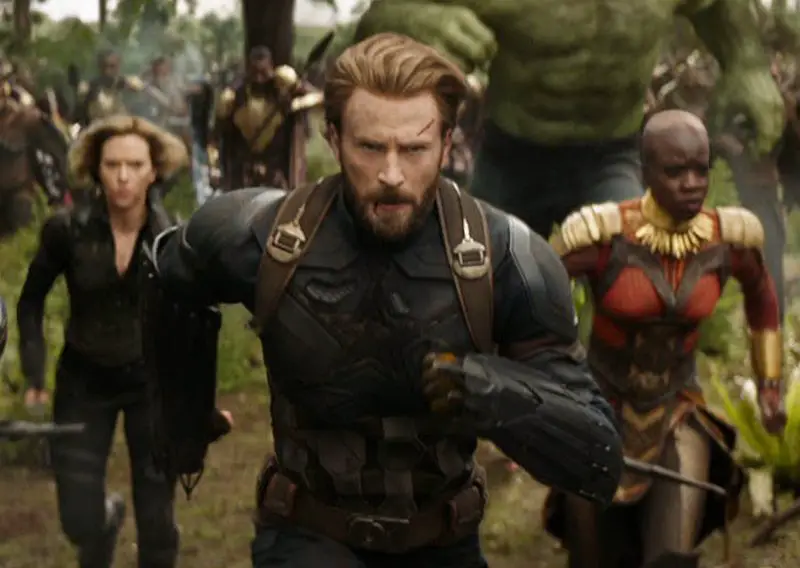
Source: Marvel Studios
Marvel leader Kevin Feige has demonstrated an almost preternatural understanding of serial programming.
That’s a concept that has existed since the earliest days of Hollywood, whether the format involved radio/television broadcasts or movies.
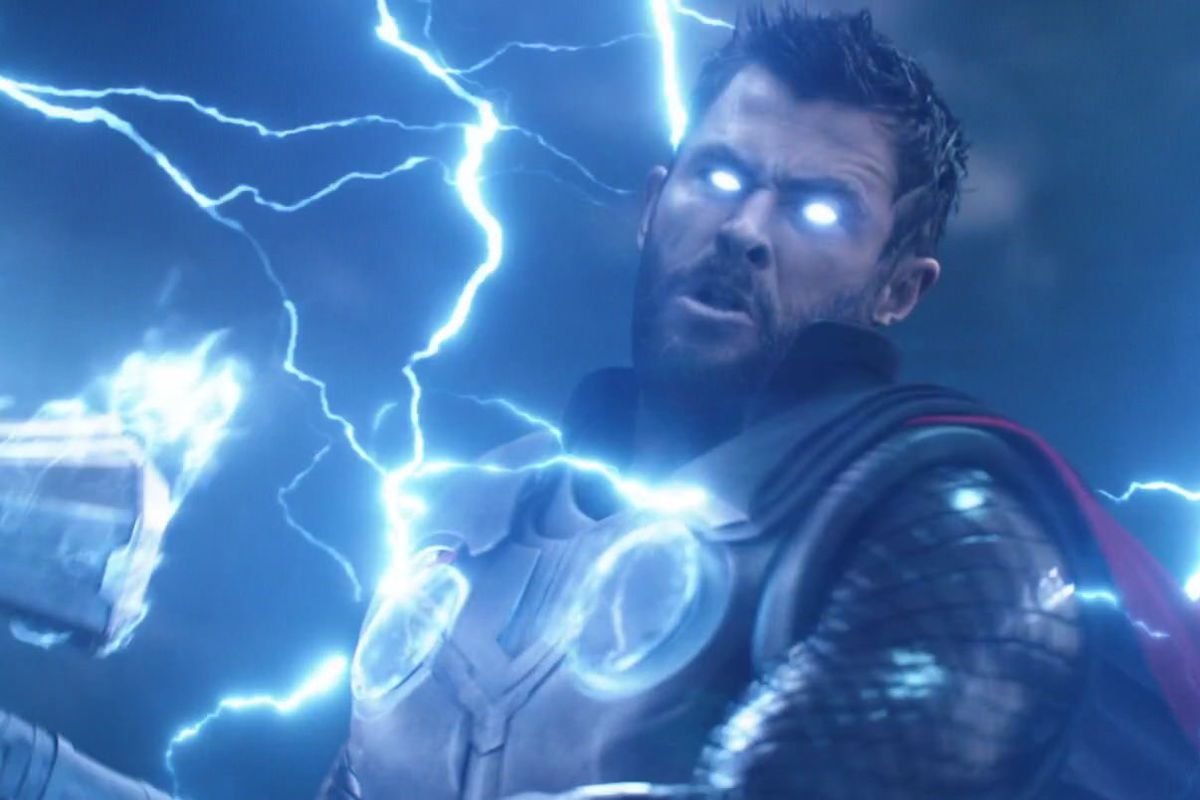
Source: Marvel Studios
Feige enhanced Marvel’s early blockbusters by propelling the meta-story. The mid-credits and post-credits scenes sold the next film or a later one.
The Avengers managed this feat better than any other project. Just as Hulk smashed Loki and saved New York City, the stakes dropped instantly.
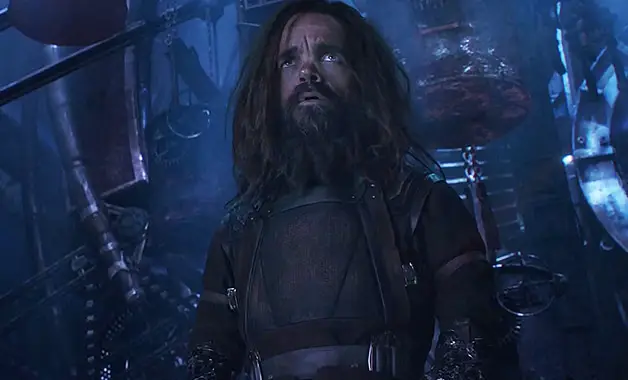
Photo: Marvel
However, Feige deftly raised them again by introducing the next villain, the one who could threaten even Earth’s Mightiest Heroes.
Here are the earliest MCU appearances of Thanos:
The Avengers displayed the character onscreen for the first time. Later, Avengers: Age of Ultron set the table for more physical introduction.
The now-infamous line, “Fine, I’ll do it myself!” established that Thanos was no longer content to sit on the sidelines.
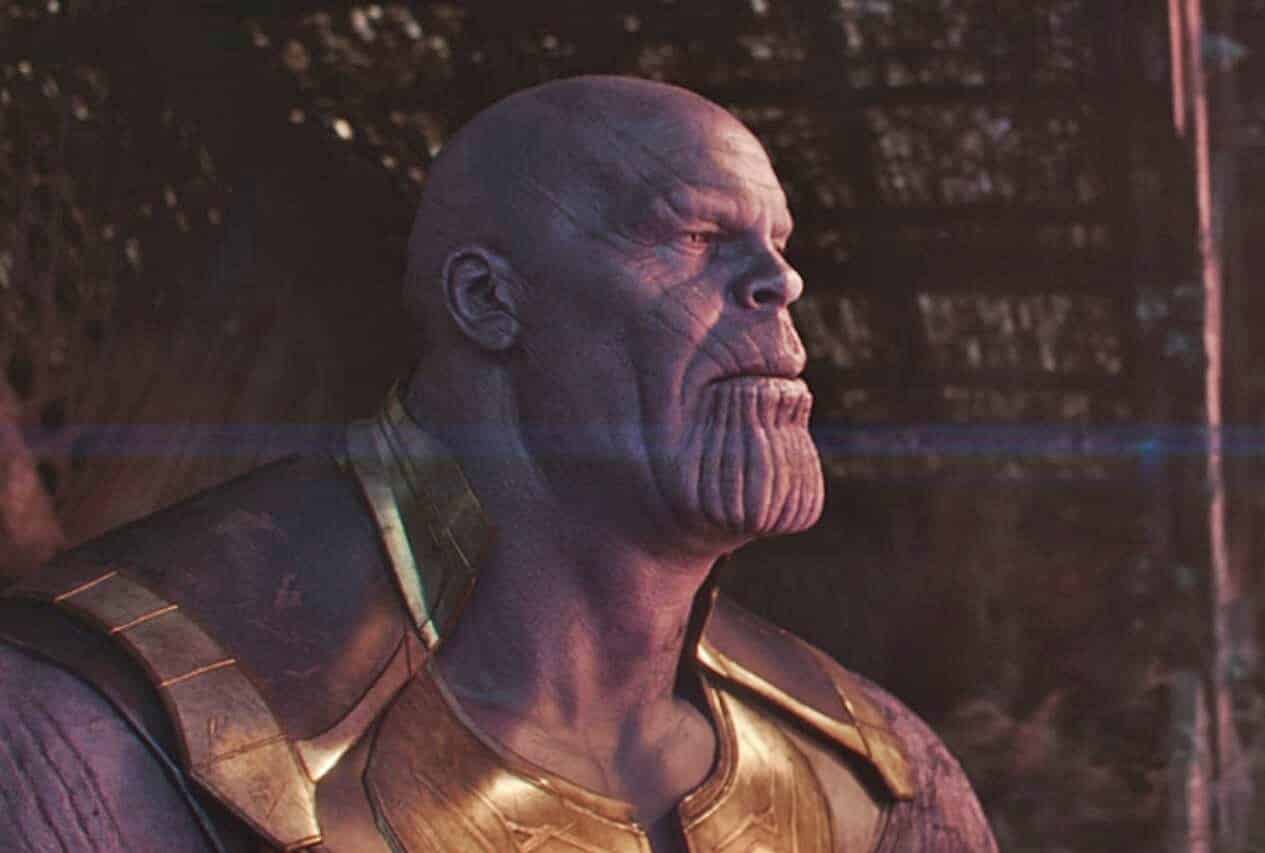
Source: Marvel Studios
During the first two Avengers movies, the superheroes battled two iconic foes, Loki and Ultron.
Somehow, Feige set the table in a way that made those villains appear formidable at the time but somehow less than Thanos.
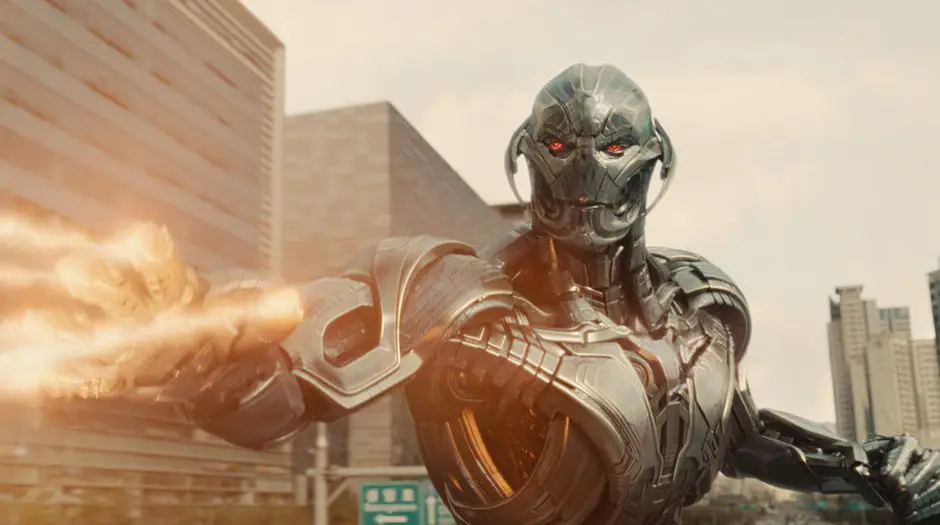
Photo: Marvel Studios
During the 2010s, EVERYTHING in the MCU led to Thanos.
The Infinity War didn’t occur in a single movie. It was everything from the closing credits of Phase One through Iron Man’s Snap.
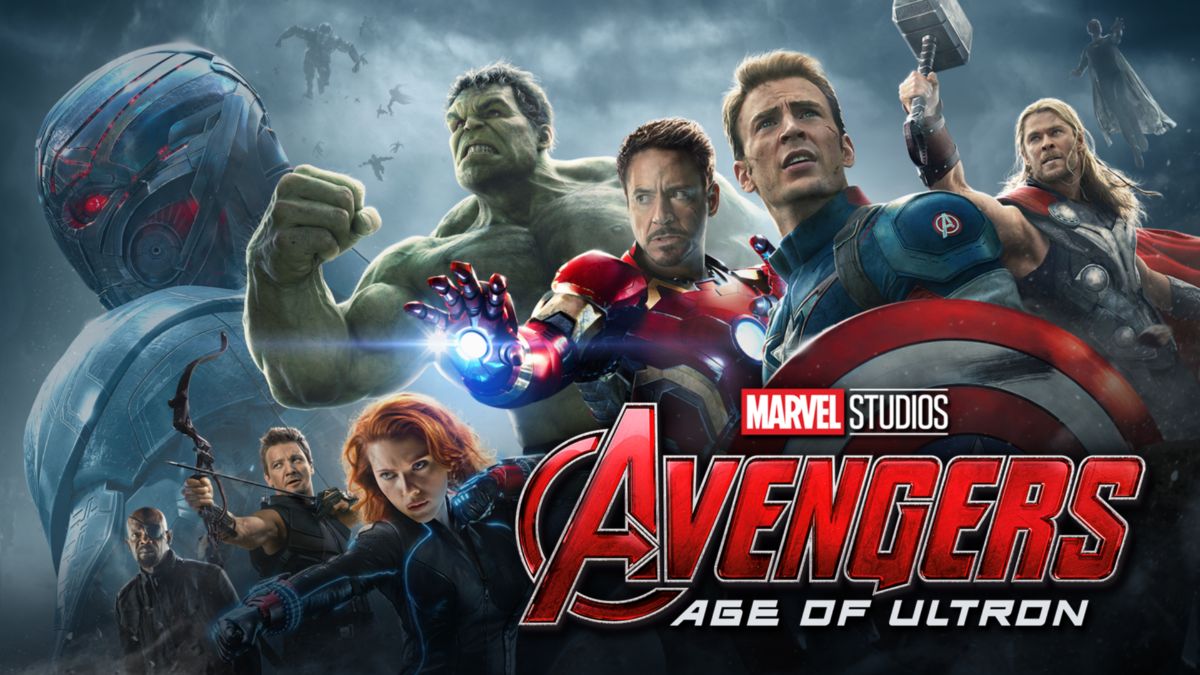
Photo: Marvel
The Endgame saw the Avengers depose the Mad Titan and restore the lives of half of…well, everything.
Thanos towered over the MCU for 16 movies. So, when he died, we all should have anticipated a letdown. For whatever reason, nobody did, though.
The New Build Starts Now
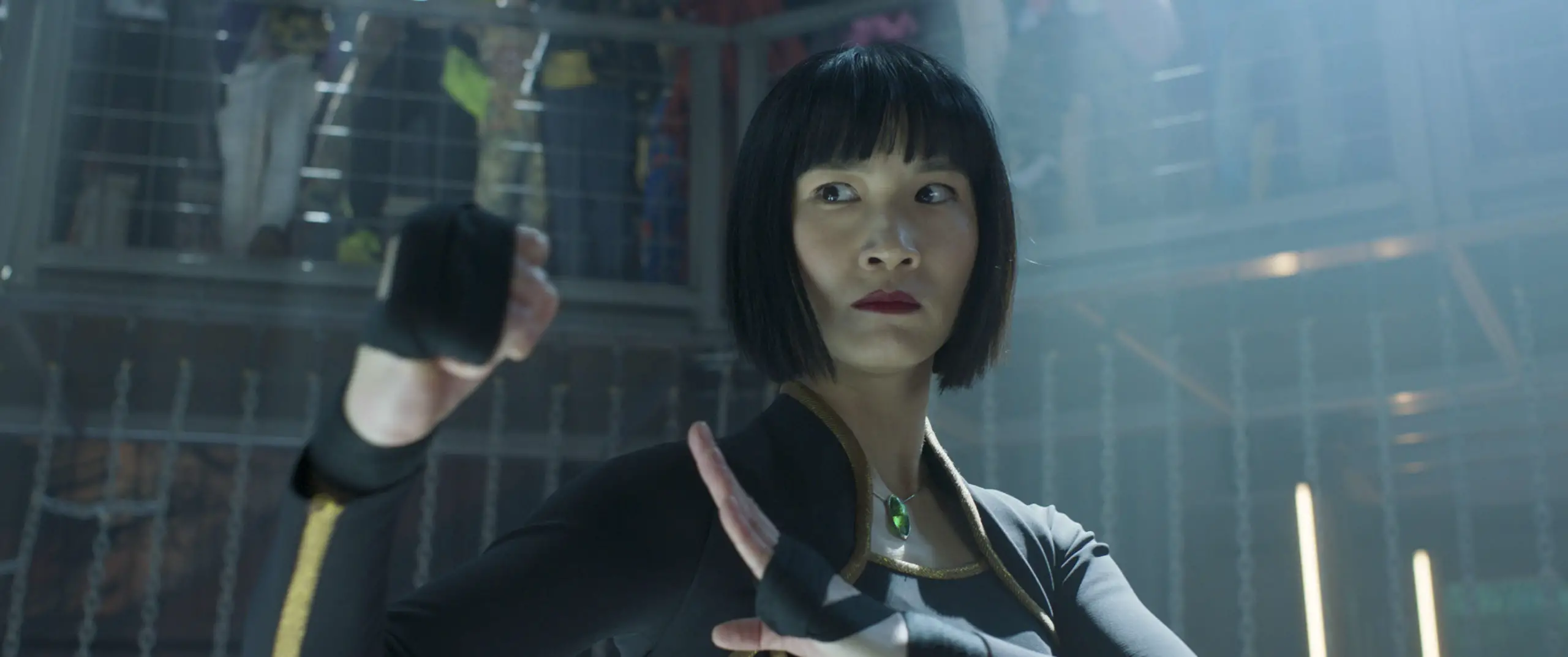
Photo courtesy of Marvel Studios. ©Marvel Studios 2021.
Marvel has since released eight movies, most of which have varied in quality between good and exceptional.
Still, some people have grown outspoken about Marvel missing something. And they’re right, whether they understand the why of it or not.
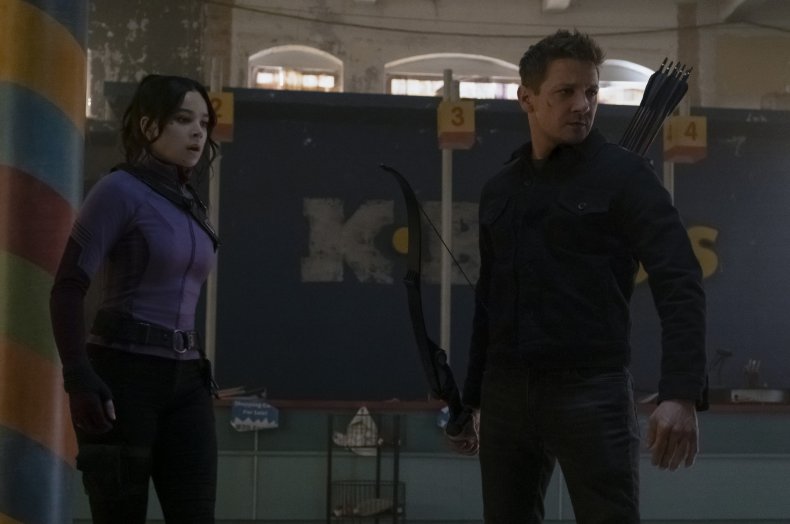
Source: Marvel Studios
Marvel planned a new set of Avengers that would gradually take shape, just as occurred during Phase One.
Simultaneously, the studio reassigned some Avengers as newer and, thereby, cheaper actors. Frankly, the business model makes perfect sense.
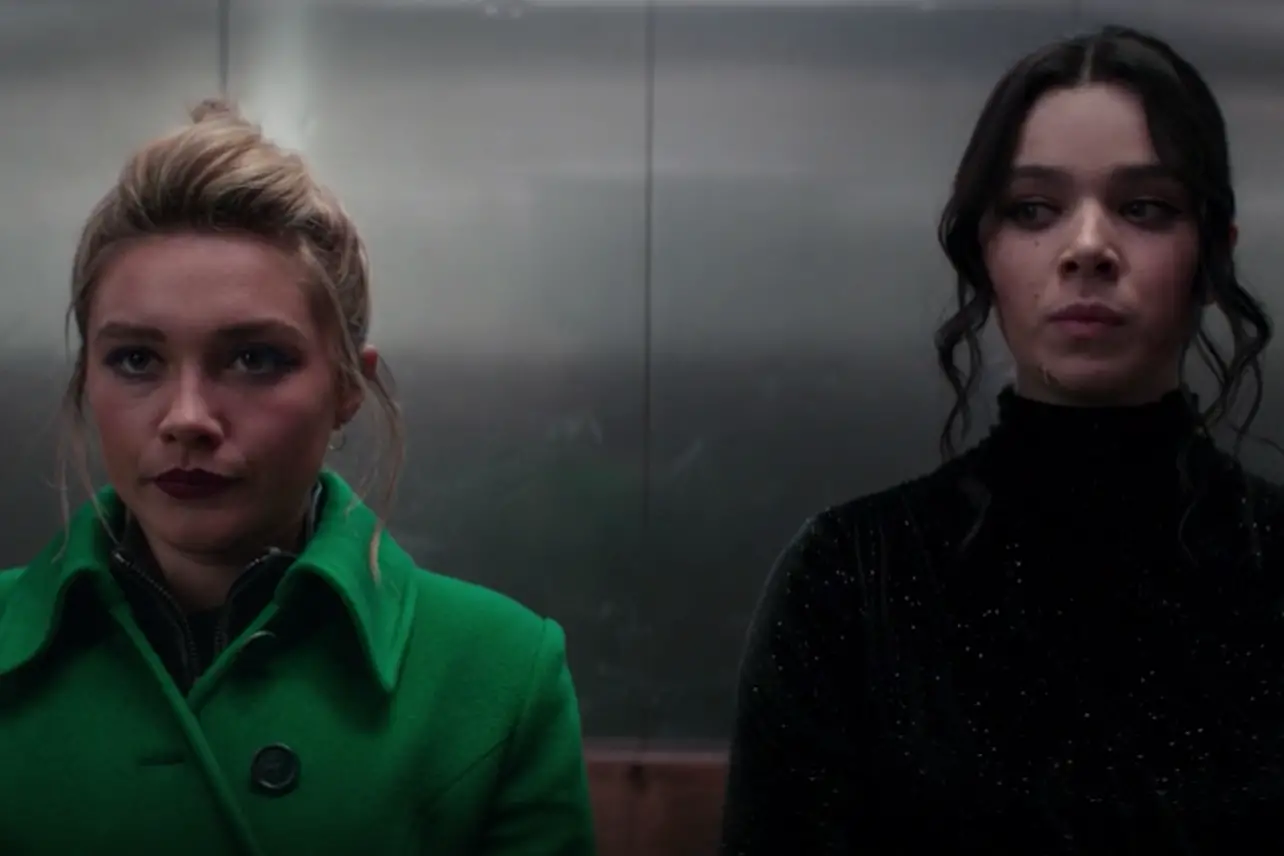
Source: Marvel Studios
If everyone loves the MCU anyway, who cares if Marvel cycles out a few actors here and there?
I mean, the switch from Terrence Howard to Don Cheadle dramatically improved the character of War Machine.
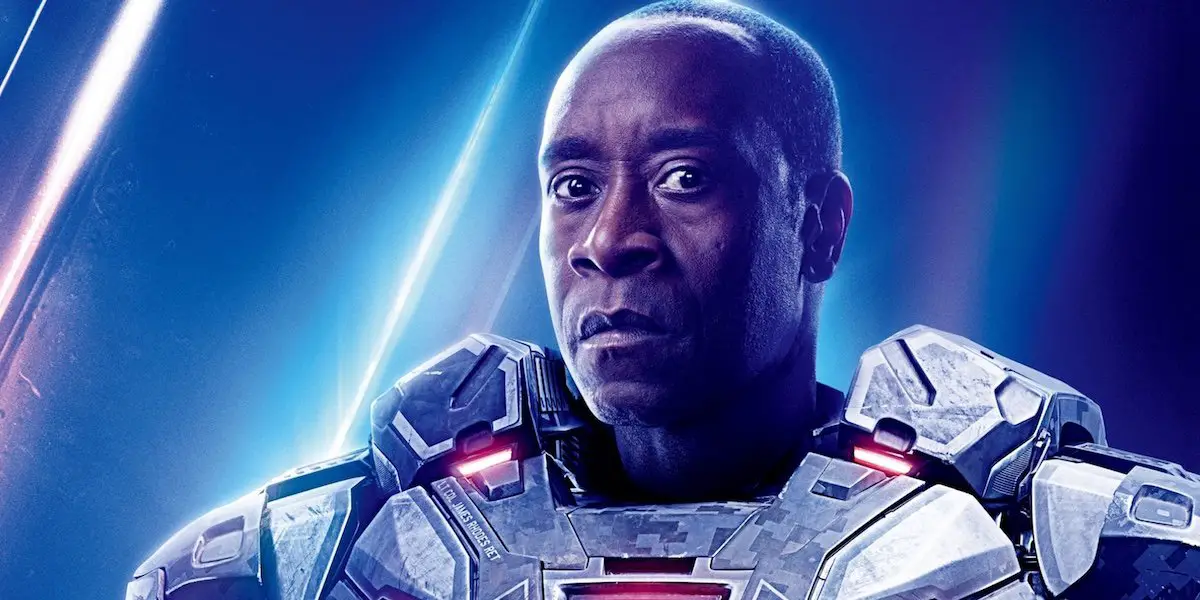
Source: Marvel Studios
Marvel knew that Sony would make the final post-Endgame movie, Spider-Man: Far from Home. After that, we’d have a clean slate.
What nobody could have anticipated at the time was the pandemic, which delayed Black Widow’s release by a year. It also delayed several other Marvel projects.

Photo by Jay Maidment. ©Marvel Studios 2020. All Rights Reserved.
Even so, I don’t believe that Feige can blame COVID-19 for the perceived letdown.
Marvel specifically chose to let things breathe, so to speak. The Phase Four films didn’t introduce a new meta-villain, the character who would drive the overriding plot.
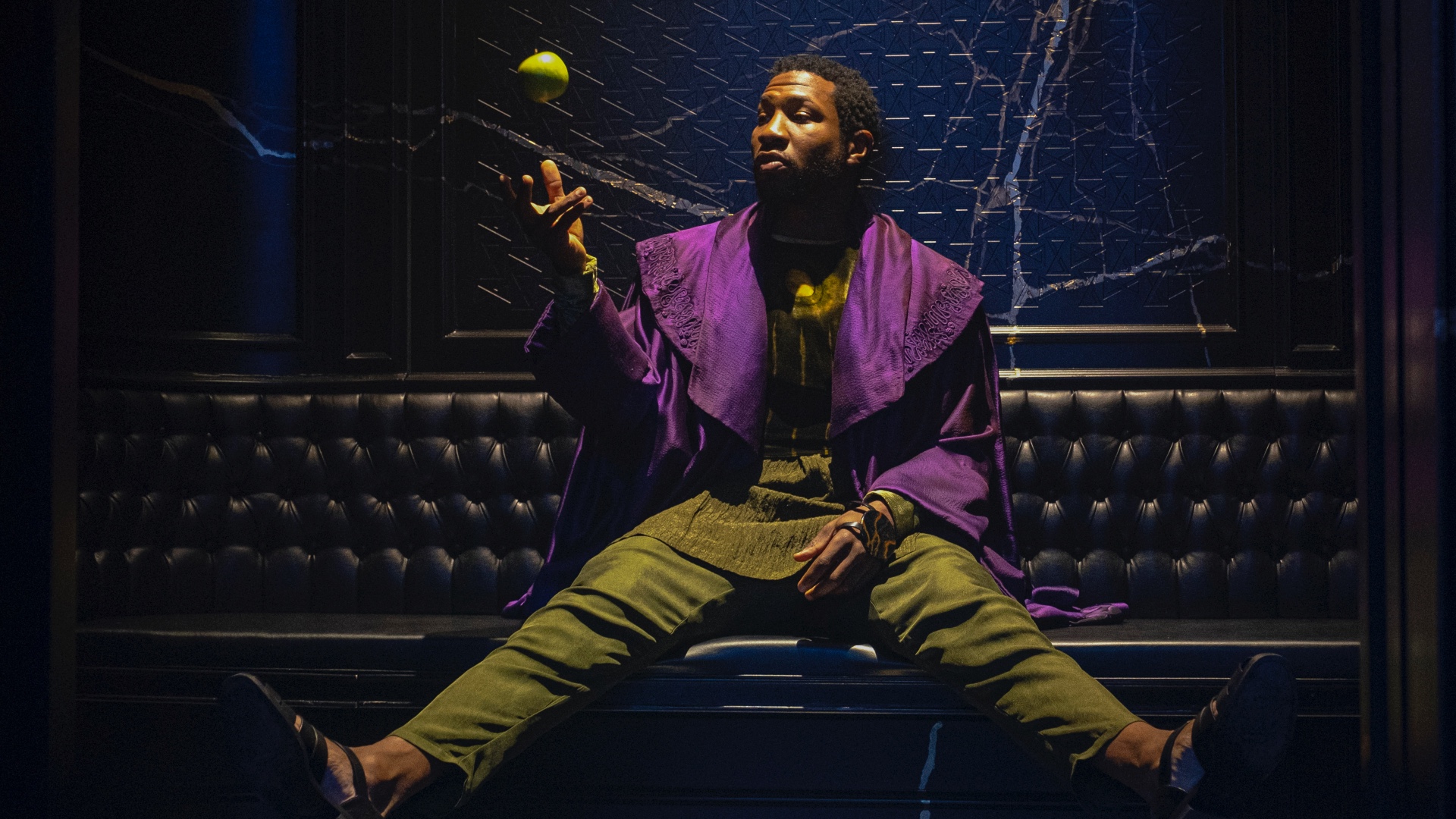
Source: Marvel Studios
That plan coalesced in September 2020, when Marvel hired rising star Jonathan Majors to play a role in the season finale of Loki.
At the time, WandaVision and the announcement for Dr. Strange in the Multiverse of Madness had generated excitement for the idea of the Marvel multiverse.

Photo: Marvel Studios
Some would argue that passion reached a crescendo with Spider-Man: No Way Home, a Sony film that brought a certain Spider-Man meme to life.
Majors’ appearance on Loki should prove otherwise, although we won’t know for sure until Friday.
Kang Doesn’t Need Infinity Stones
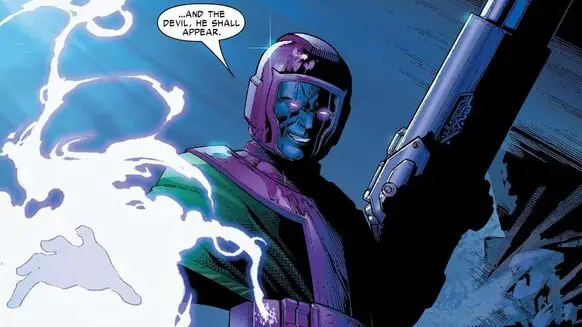
Source: Marvel
In The Avengers, the Marvel superheroes defeated the god of mischief. Age of Ultron required them to defeat a networked robotic army led by an insane machine.
Somehow, both those enemies seemed quaint compared to Thanos, especially once he assembled the entire Infinity Gauntlet set.
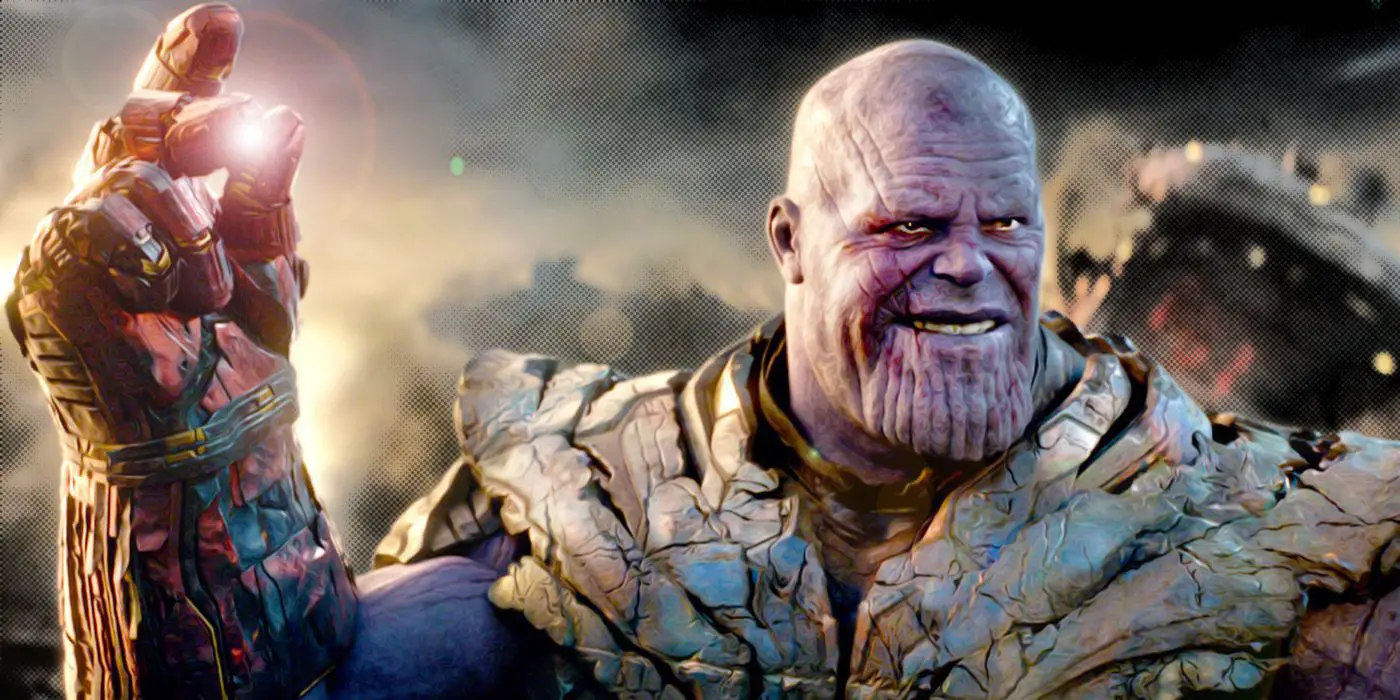
Photo: Screenrant.com
Marvel’s problem since then has been the lowered stakes that result from heroes saving the day in the end.
Nobody on the horizon provided anywhere near the same threat as Thanos.
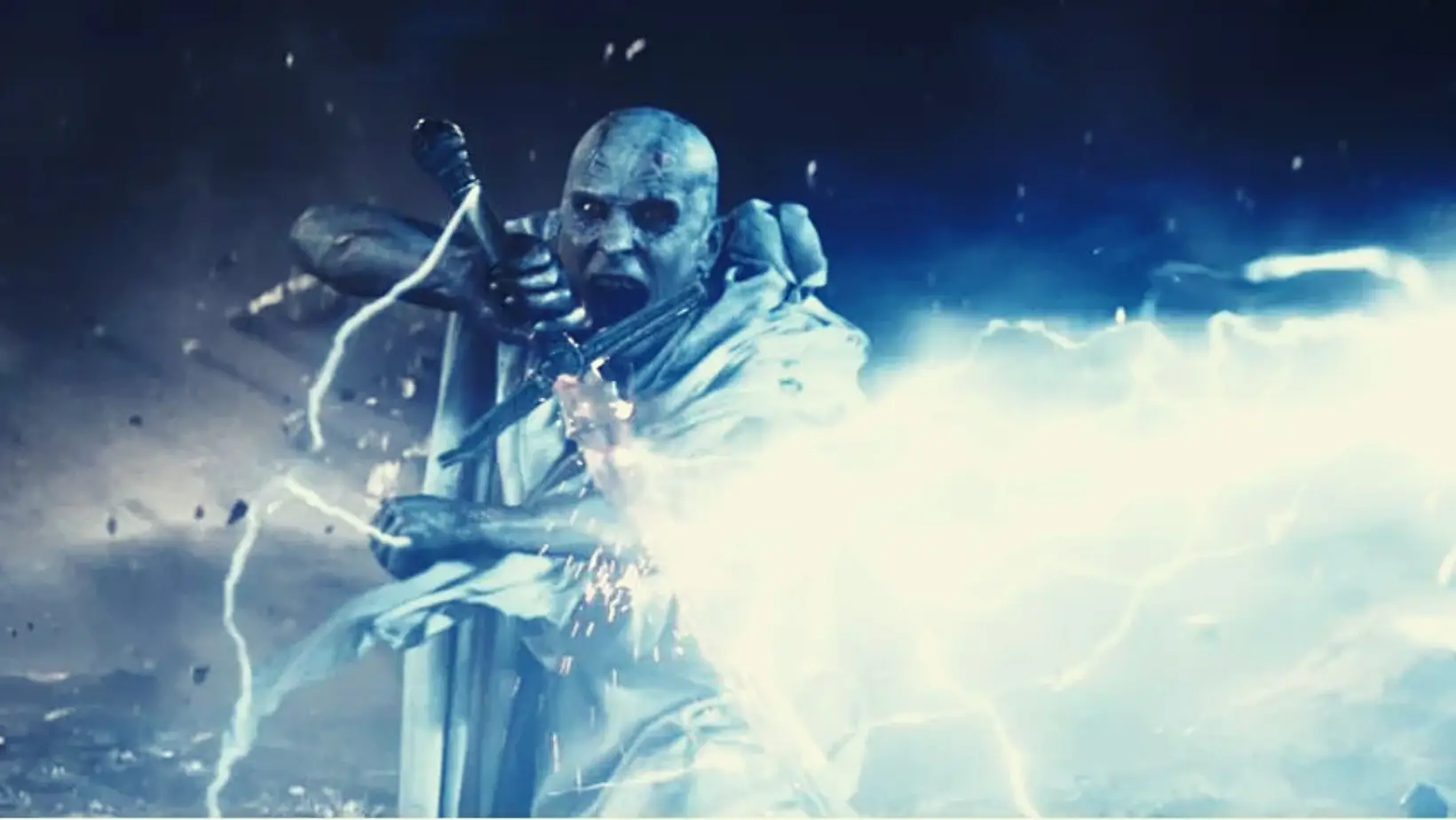
Source: Marvel Studios
In fact, Thor fought someone nicknamed the God Butcher, and it was tough to get enthusiastic about the character.
Nobody expected Christian Bale to stick around for a second MCU film since he’d already played Batman three times.
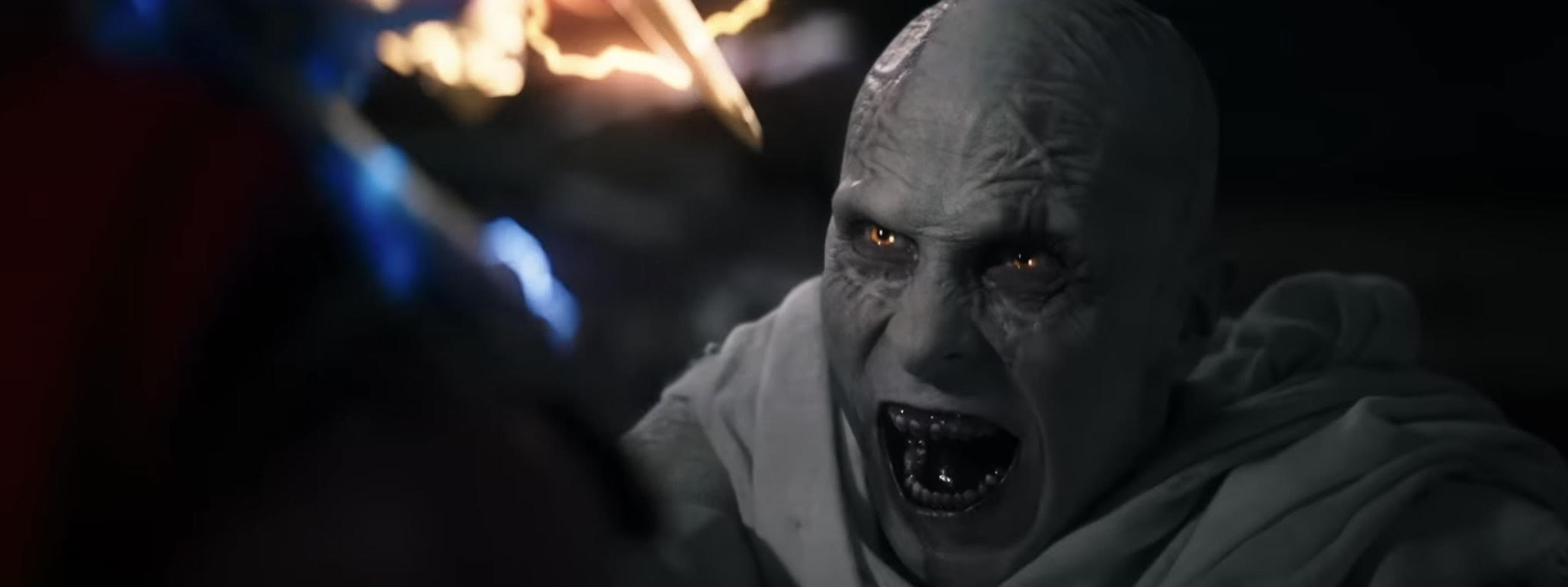
Source: Marvel Studios
For most of the past four years, the MCU has toyed with ramifications. Here’s a new superhero who fell victim to the Snap:
And here’s Hawkeye using sign language because all his fights have destroyed his hearing:
These storytelling elements are lovely and brilliant on a small scale. Unfortunately, Marvel has trained audiences to expect more, though.
Nobody got anything on that level until this performance:
https://www.youtube.com/watch?v=R7OYhJS8LTk
Now, we have a fascinating, engrossing character who claims to have stopped other versions of himself from ruling the multiverse. That’s…worrisome.
Kangmania Begins
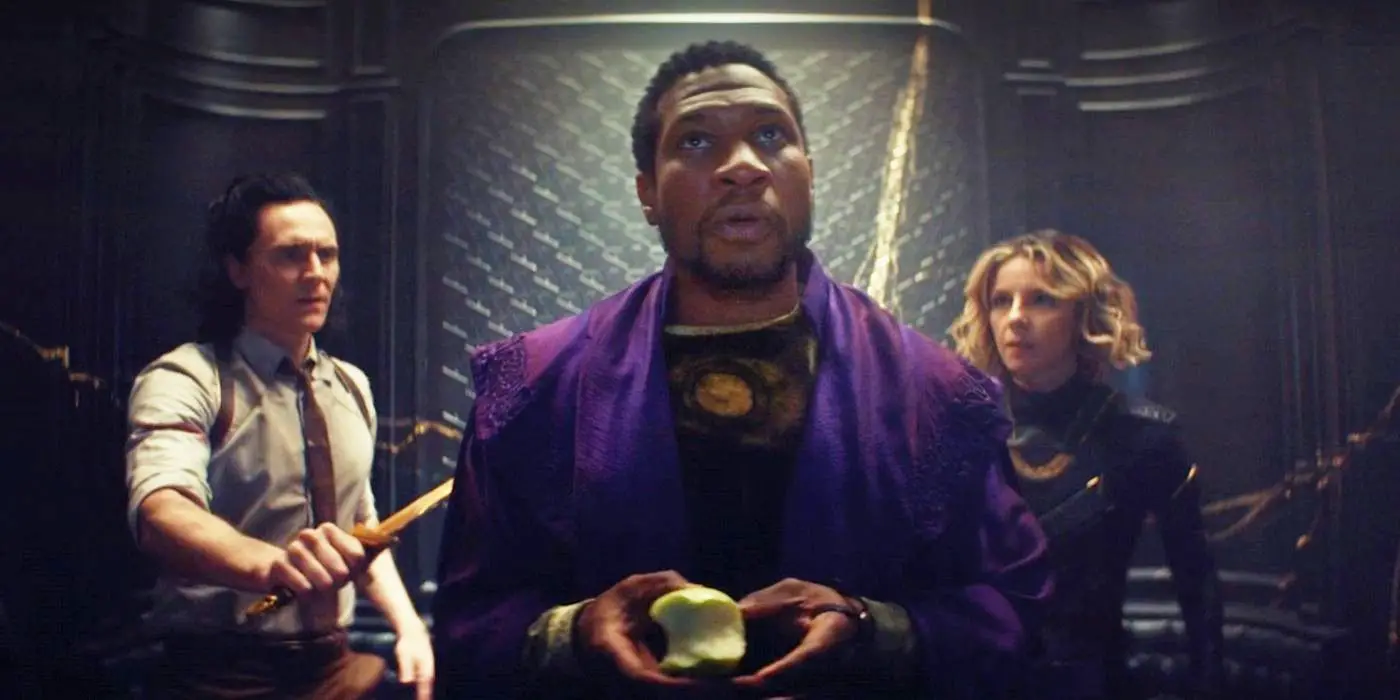
Source: Marvel Studios
What happens if that person, the one stopping the others from coming to our universe, dies? Yeah, that’s where we’re at now.
Marvel is ready to raise the stakes again.
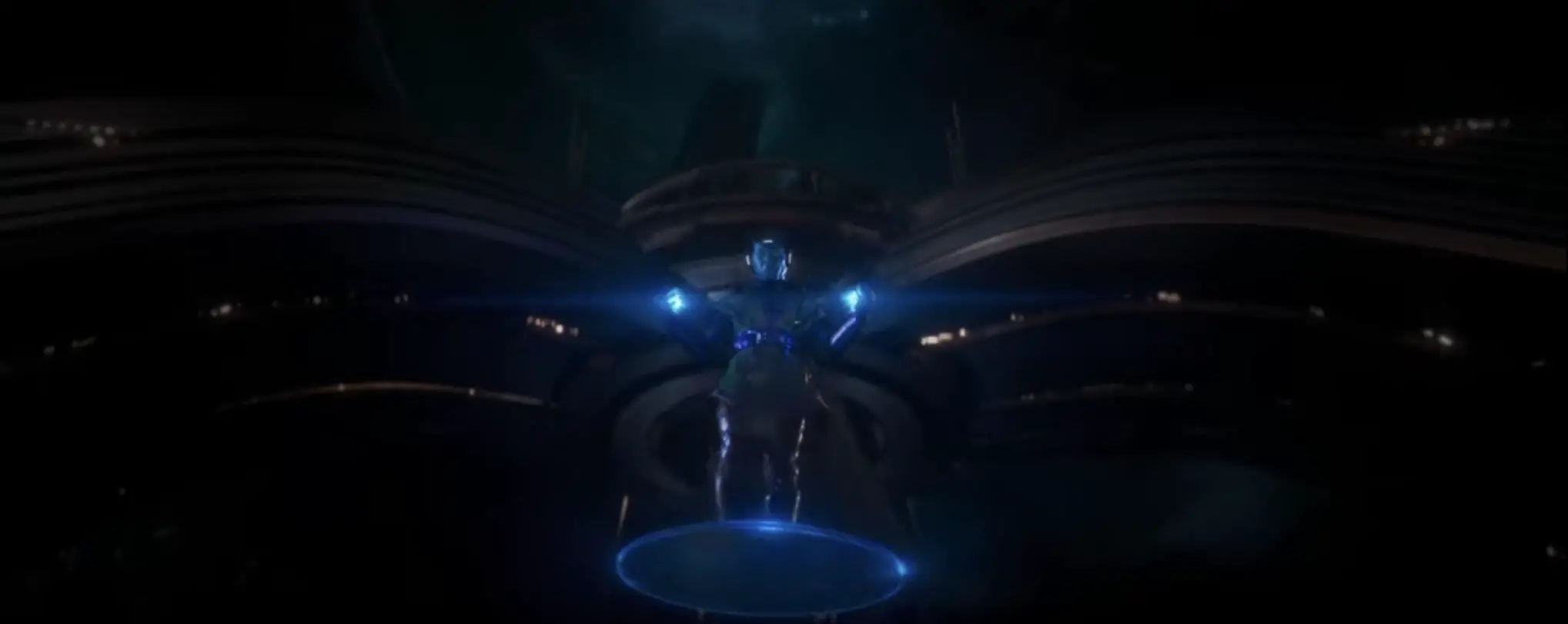
Source: Marvel Studios
The earliest footage of Quantumania leaned heavily into this idea, too.
This Kang, the one who rules the Quantum Realm, loudly wondered if he’d killed Ant-Man previously.
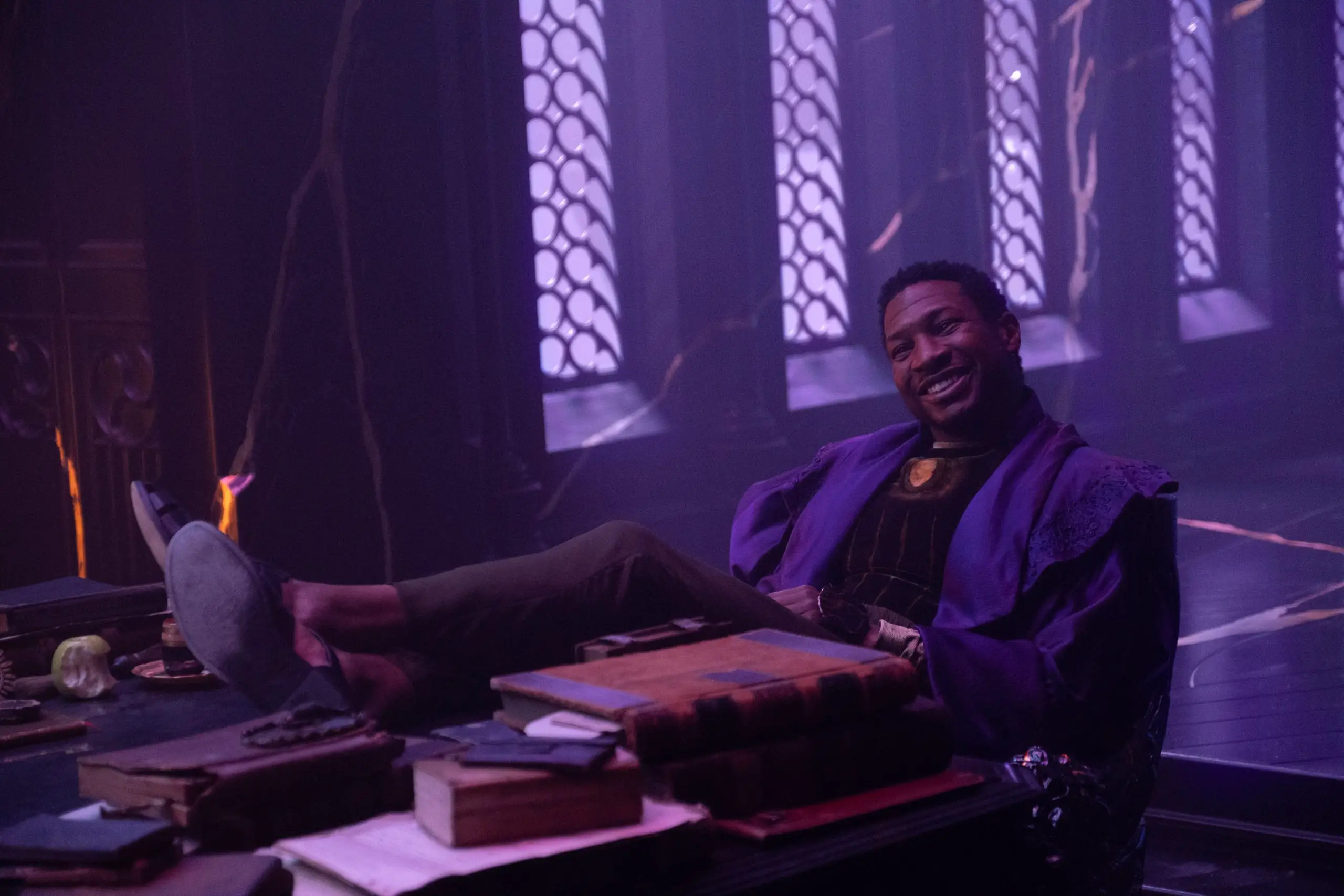
Source: Marvel Studios
If a dude cannot remember all the Avengers he’s killed, you know he’s bad news. In fact, he’s THE big bad through 2025.
This week, Marvel starts the build to Avengers: The Kang Dynasty. The next three years will be Kang-centric.

Photo:
The Washington Post/Getty Images
Given that Majors is only 33, I expect the character to be around MUCH longer than that, too.
If Marvel has one regret about its first ten years, it’s that Thanos had to die.
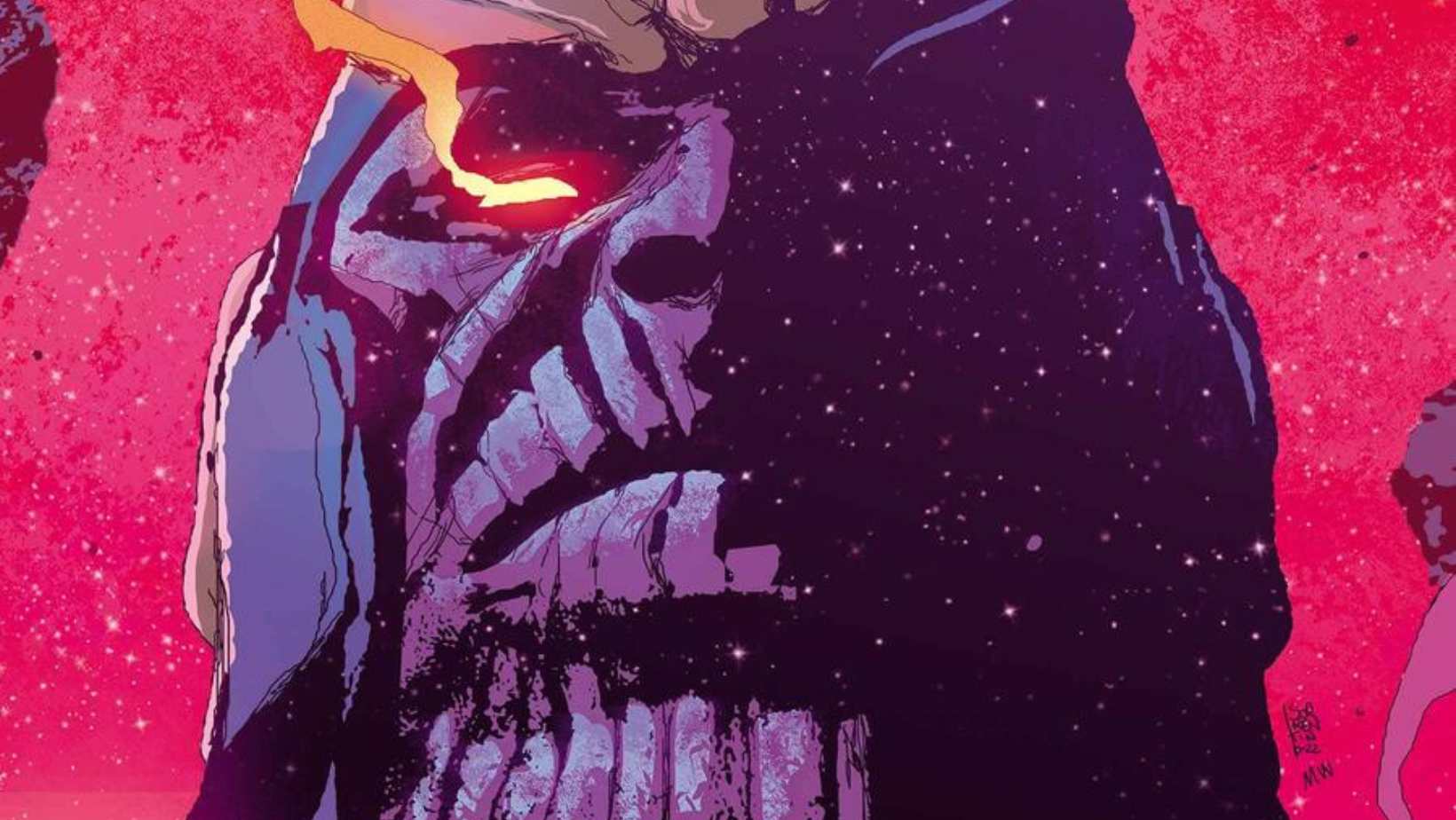
Source: Marvel
Don’t be surprised if Kang evolves into an antihero at some point, just as Loki has.
No matter what happens next, something IS happening, though.
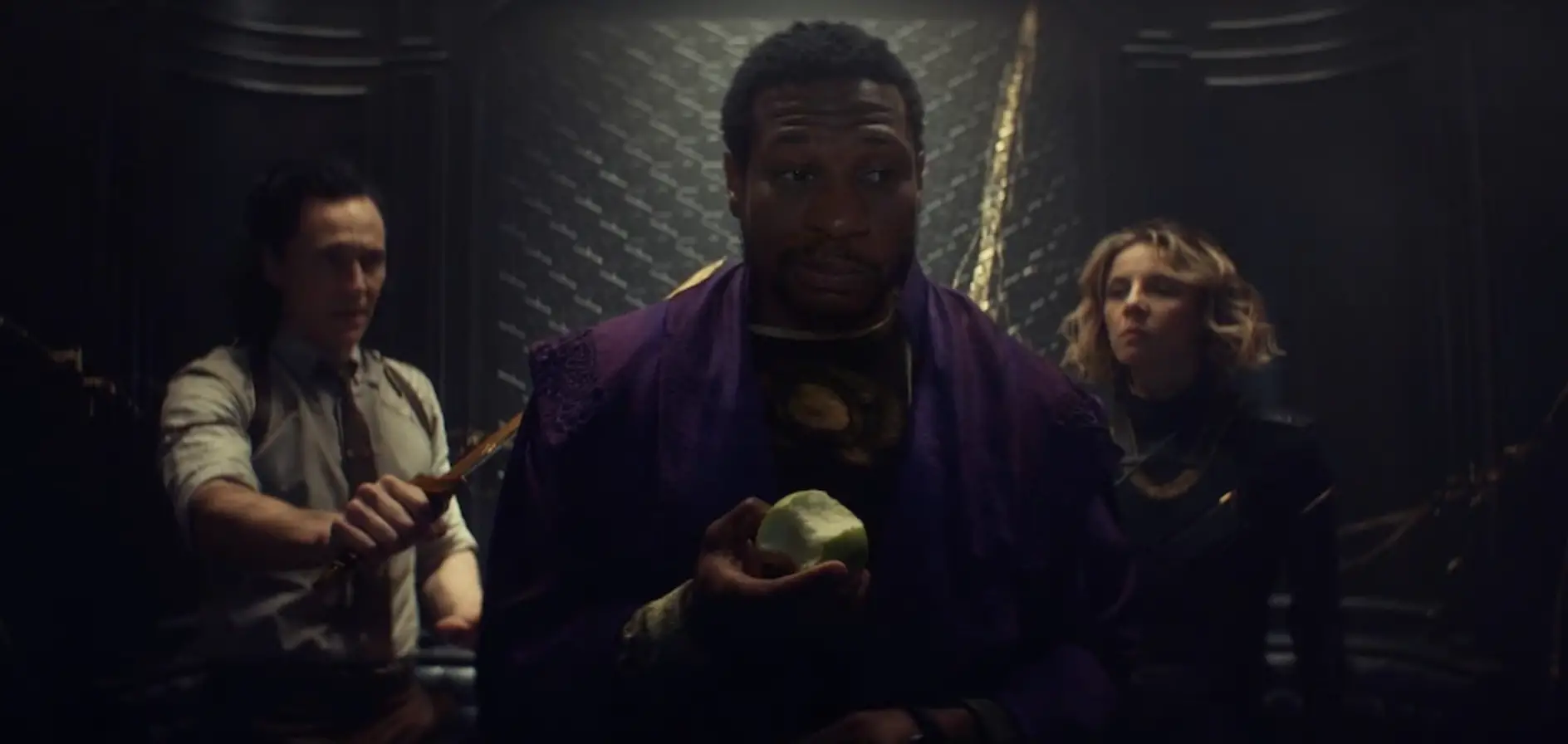
Photo: Marvel Comics
We once again have a character who will drive multiple stories. That’s been Marvel’s missing ingredient since Endgame’s release.


